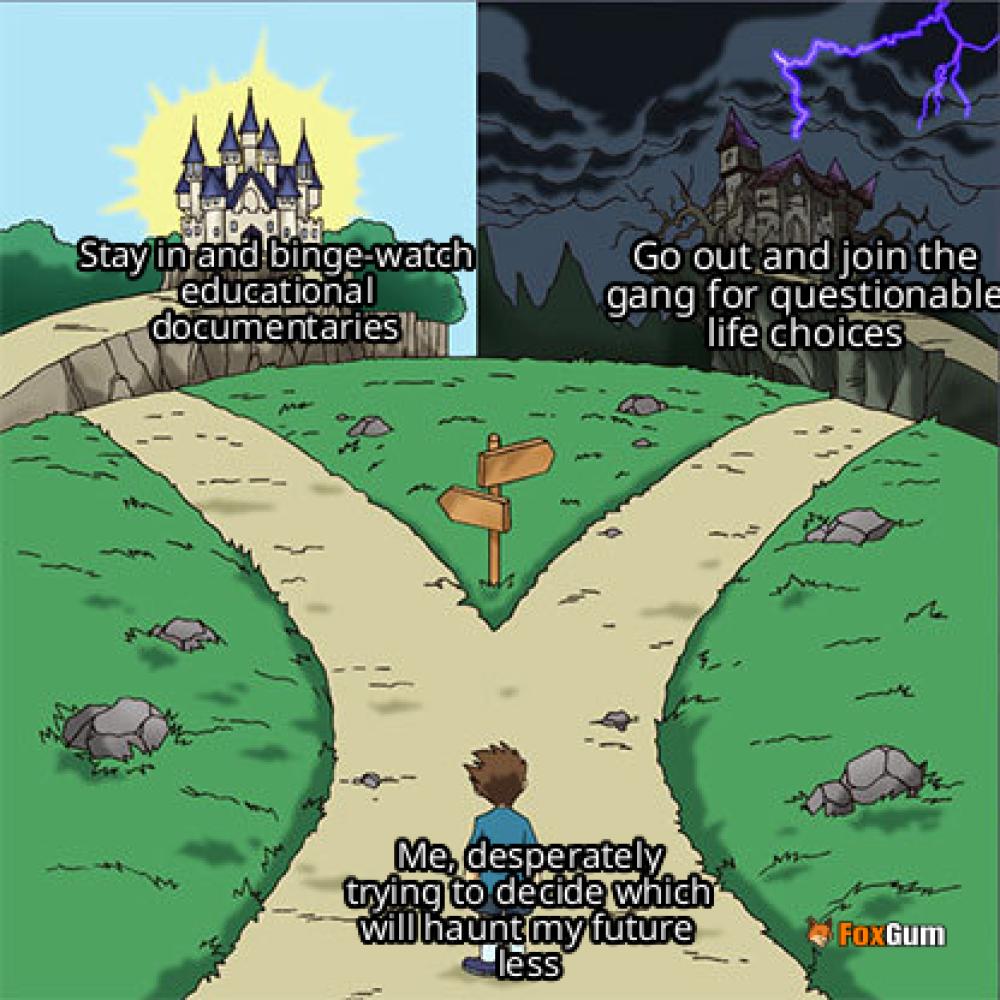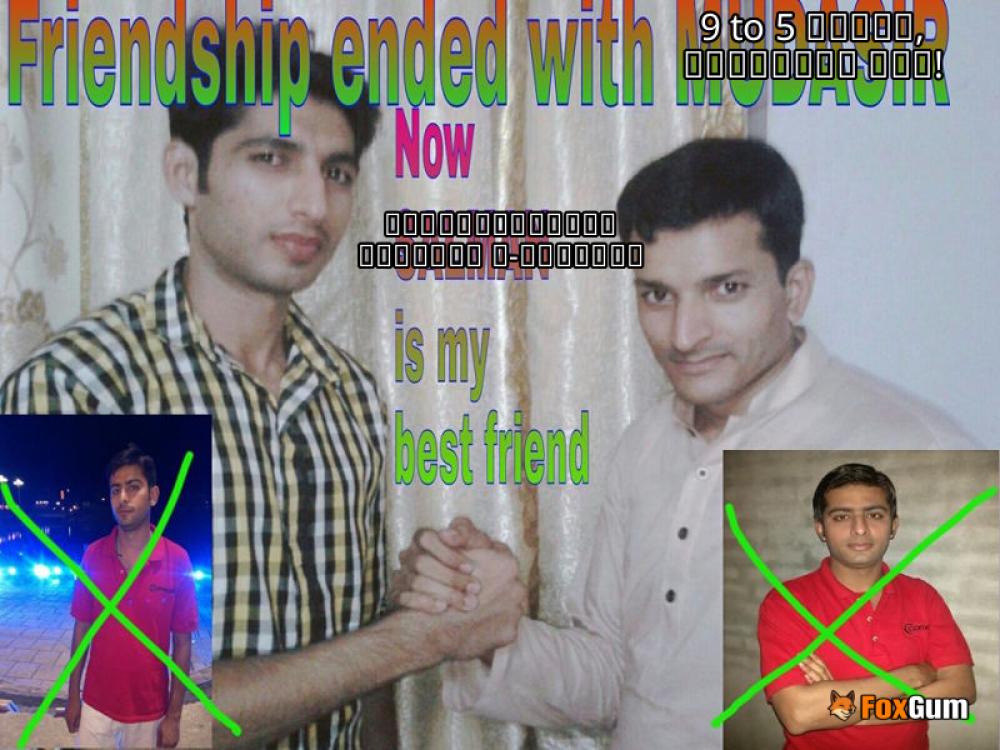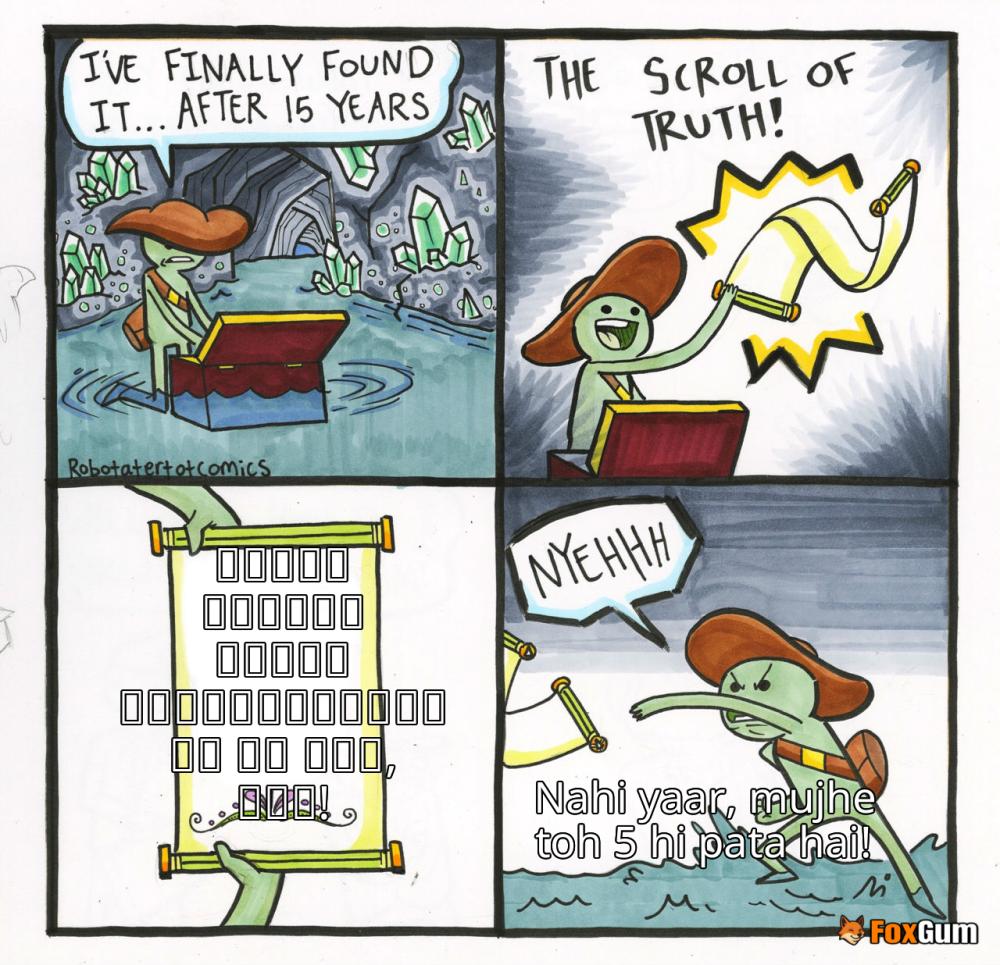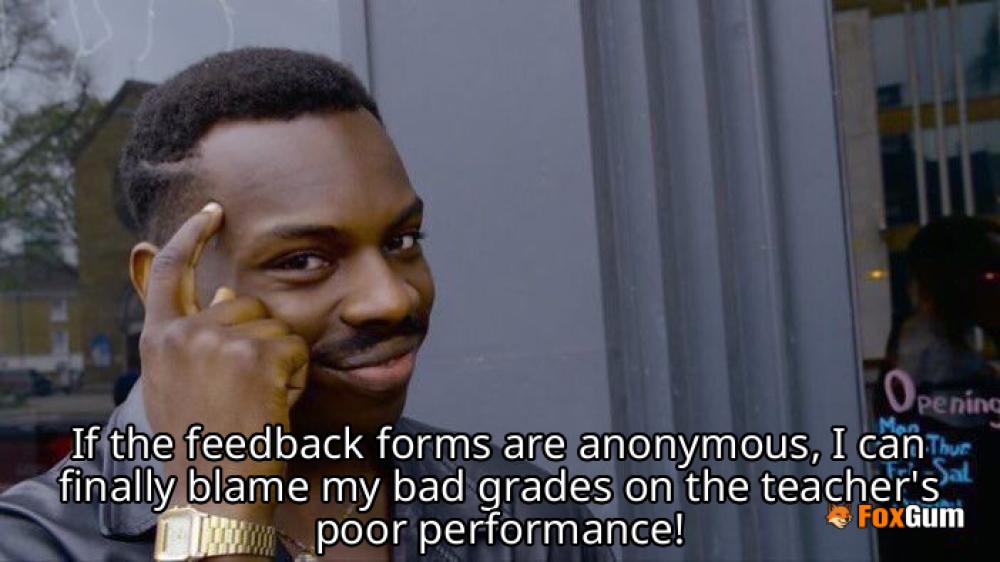
Exploring the Depths: Philosophical Thought Experiments
Philosophy has a way of inviting us to ponder the profound questions of existence, morality, and the nature of reality. Among the many tools philosophers use, thought experiments stand out as fascinating ways to challenge our understanding and provoke deep reflection. These mental exercises often present hypothetical scenarios that force us to confront our beliefs and assumptions. Let’s dive into a few of the most intriguing thought experiments that have captured the imaginations of thinkers throughout history.
The Allegory of the Cave
One of the most famous thought experiments comes from Plato, known as the Allegory of the Cave. Imagine a group of people who have been chained inside a dark cave for their entire lives, facing a blank wall. The only light they see comes from a fire behind them, casting shadows on the wall. These shadows are their only reality. Now, consider what happens if one of them escapes and discovers the outside world, filled with vibrant colors and life. This allegory invites us to reflect on our own perceptions of reality and the importance of seeking knowledge beyond our immediate experiences. 🌅
The Chinese Room
Another thought-provoking scenario is John Searle's Chinese Room. Picture a person inside a room who receives Chinese characters through a slot. This person doesn’t understand Chinese but follows a set of instructions to manipulate the characters and produce appropriate responses. From the outside, it appears as if the person understands the language. This thought experiment raises questions about artificial intelligence and whether a machine can truly understand language or merely simulate understanding. It challenges us to think about the nature of consciousness and comprehension. 🤖
The Prisoner’s Dilemma
Next up is the classic Prisoner’s Dilemma, a scenario that explores the tension between self-interest and cooperation. Imagine two criminals arrested and interrogated separately. If both remain silent, they get a light sentence. If one betrays the other while the other stays silent, the betrayer goes free while the silent one faces a harsh penalty. If both betray each other, they both receive moderate sentences. This dilemma prompts us to consider whether cooperation is always the best choice, even when self-interest seems tempting. It’s a powerful reflection on trust and human relationships.
The Experience Machine
Imagine a machine that can simulate any experience you desire, allowing you to feel immense joy without any real-world consequences. Would you plug in? This thought experiment, proposed by philosopher Robert Nozick, challenges our understanding of happiness and fulfillment. It asks whether living a life of simulated pleasure is preferable to facing the complexities of reality, even with its inherent struggles. It’s a fascinating way to explore what truly matters in life.
Conclusion
Philosophical thought experiments serve as gateways to deeper understanding and self-reflection. They encourage us to question our assumptions, explore ethical dilemmas, and consider the nature of reality. Engaging with these scenarios can be an enlightening experience, prompting discussions that enrich our perspectives. So, the next time you find yourself pondering life’s big questions, remember these thought experiments and let them guide your exploration of the human experience.




















 वारे गुरुजींची शाळा
वारे गुरुजींची शाळा 
 Health
Health  Fitness
Fitness  Lifestyle
Lifestyle  Tech
Tech  Travel
Travel  Food
Food  Education
Education  Parenting
Parenting  Career & Work
Career & Work  Hobbies
Hobbies  Wellness
Wellness  Beauty
Beauty  Cars
Cars  Art
Art  Science
Science  Culture
Culture  Books
Books  Music
Music  Movies
Movies  Gaming
Gaming  Sports
Sports  Nature
Nature  Home & Garden
Home & Garden  Business & Finance
Business & Finance  Relationships
Relationships  Pets
Pets  Shopping
Shopping  Mindset & Inspiration
Mindset & Inspiration  Environment
Environment  Gadgets
Gadgets  Politics
Politics 